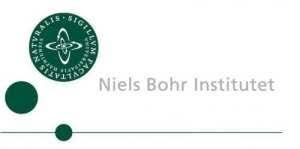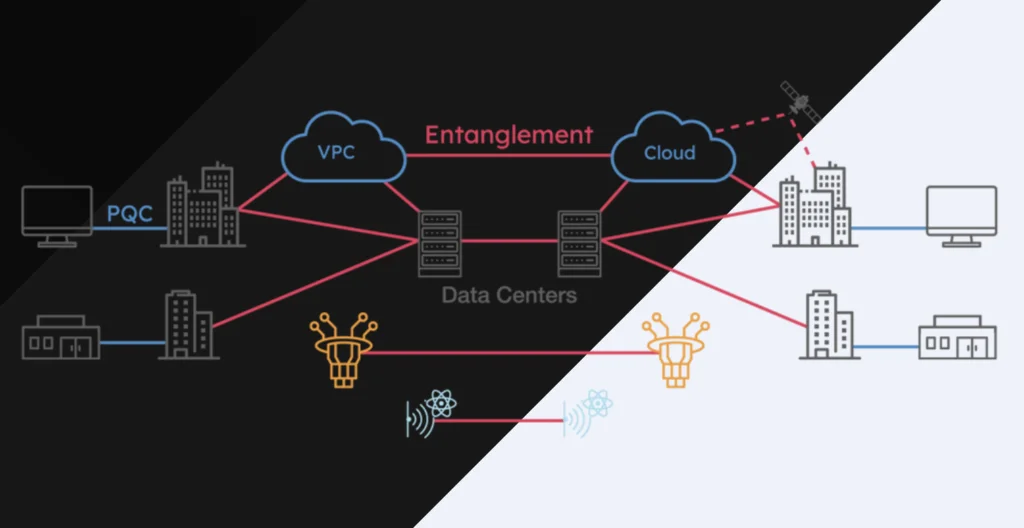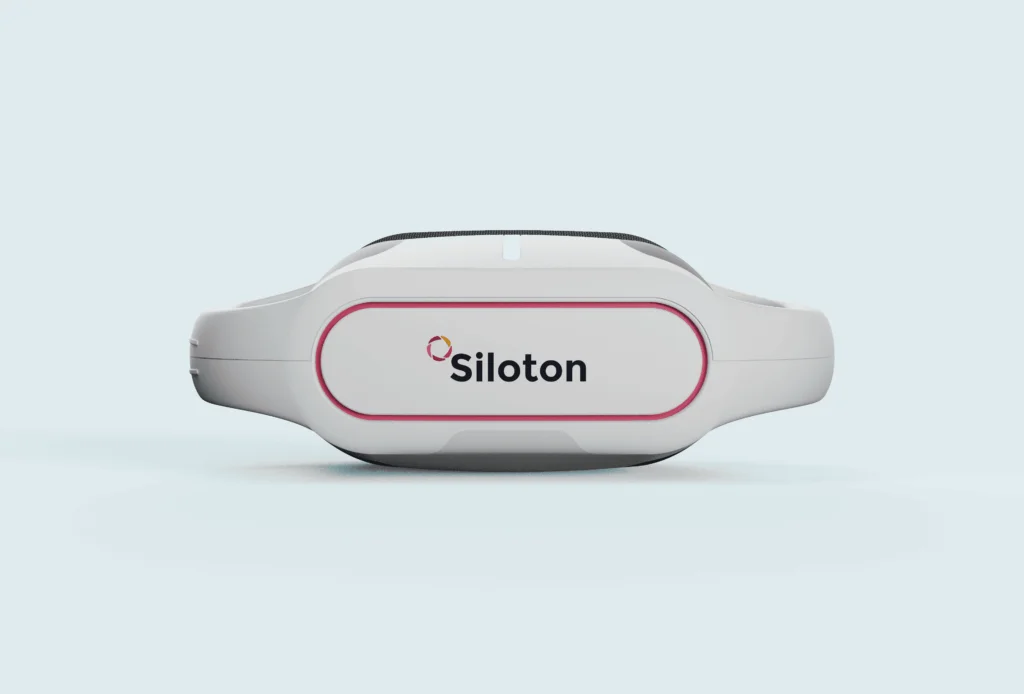
The World According To Preskill
‘Quantum advantage’, as a concept, means that a quantum computer can execute any given computation notably faster than a classical computer. The term came about from ‘quantum supremacy’, a phrase coined by John Preskill back in 2012 but ‘achieved’ last year by Google. The two terms are used interchangeably, though many experts would say quantum supremacy is a more dramatic, more powerful advantage (though Advantage is now being used to imply it is practically or commercially useful). Whatever the semantic differences, in the long run, it won’t matter what it’s called as long as it’s achieved. That goes for the thoughts of a group of researchers in Denmark, too, who claim they have advanced their quantum technology so much that technology based on classical computing can no longer keep pace with it, and with the announcement, they join Google in the race to build the world’s first practical, working quantum computer.
“So, we are already preparing the next steps for the technology. Being at a university allows one to establish the foundation of a technology and demonstrate the possibilities, whereas definitive technology upscaling requires greater investment.”
— Peter Lodahl
The research, conducted at the University of Copenhagen’s Niels Bohr Institute in partnership with the University of Bochum and published in Advanced Sciences journal, has developed a nanochip (measuring less than one-tenth the thickness of a human hair) that could, with the right investment on board, be improved, with the eventual goal of it being used to build a future quantum simulator. And the reason? The ‘magic chip’ permits them to generate enough photons encrypted with quantum information to expand upon the technology.

Professor Peter Lodahl, Director of the Center for Hybrid Quantum Networks (Hy-Q), said: “We now possess the tool that makes it possible to build a quantum simulator that can outperform a classical computer. This is a major breakthrough and the first step into uncharted territory in the world of quantum physics.”
And they’re off.
Although the current research hasn’t undertaken an experiment that executes quantum advantage, the team’s paper in Science Advances lends credence that the chip can achieve it.

However, from the pure science of the university lab to building the technology to something more meaningful is a hard slog that will, inevitably, cost a lot of money, one thing that Lodahl obviously realizes:
“In the meantime, we will use our photon sources to develop new and advanced quantum simulators to solve complex biochemical problems that might, for example, be used to develop new medicines. So, we are already preparing the next steps for technology. Being at a university allows one to establish the foundation of technology and demonstrate the possibilities, whereas definitive technology upscaling requires greater investment. We will work to establish a strong European consortium of academic and industrial partners with a focus on building photonic quantum simulators with ‘quantum advantage’.”
Long Tradition
Lodahl is also only too aware of his country’s — along with Europe’s — long legacy in quantum physics research: “Denmark and Europe have proud traditions in quantum optics research and at the same time a strong telecom industry and infrastructure. It would be really exciting to combine these strengths in a large-scale initiative dedicated to photonic quantum computers. It would be fantastic to be part of a process that extends all the way from fundamental quantum physics to new technological applications.”
The reality of the situation is clear to Ravitej Uppu, lead author of the paper: “It could cost us 10 million Euro to perform an actual experiment that simultaneously controls 50 photons, as Google did it with superconducting qubits. We simply can’t afford that. However, what we as scientific researchers can do is to develop a photon source and prove that it can be used to achieve ‘quantum advantage’. We have developed the fundamental building block.”
These words demonstrate Lodhahl and Uppu’s down-to-earth assumptions that, though their work is groundbreaking, the reality of the situation is it will take many, many dead presidents to turn their photon source research into something more.
That’s where Google and other multinationals like Honeywell and IBM with their pound of flesh in the QC game have the advantage.
Quantum advantage is a relative and all too often lazy concept thrown about in 2020 — it could mean one thing to one person and something completely different to another. What’s more important, however, is that men like Lodahl and Uppu, with the help of prestigious seats of learning like the University of Copenhagen’s Niels Bohr Institute, can do what they’re good at, left alone to their own devices to come up with the science that will, one day, change the face of our world.
For more market insights, check out our latest quantum computing news here.















